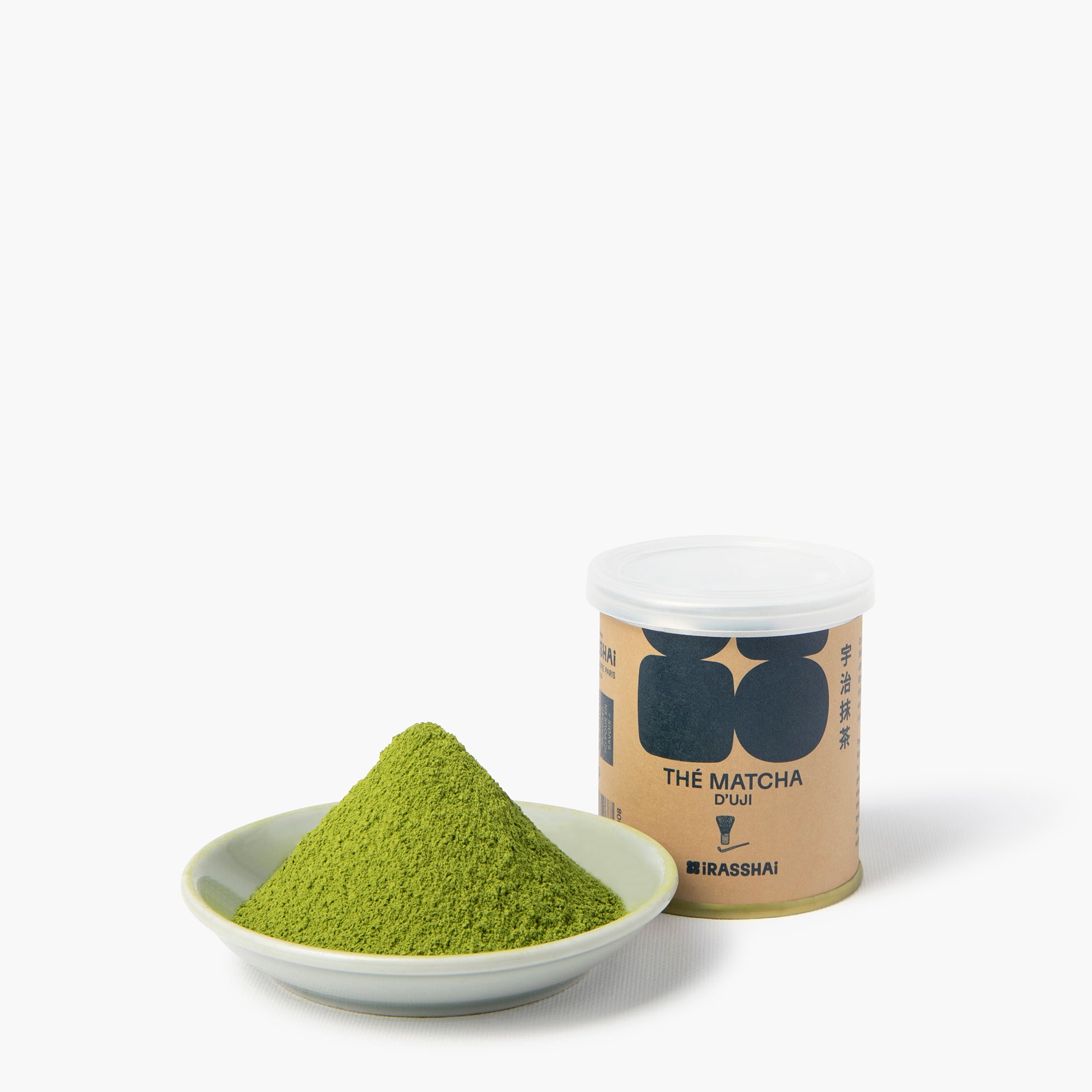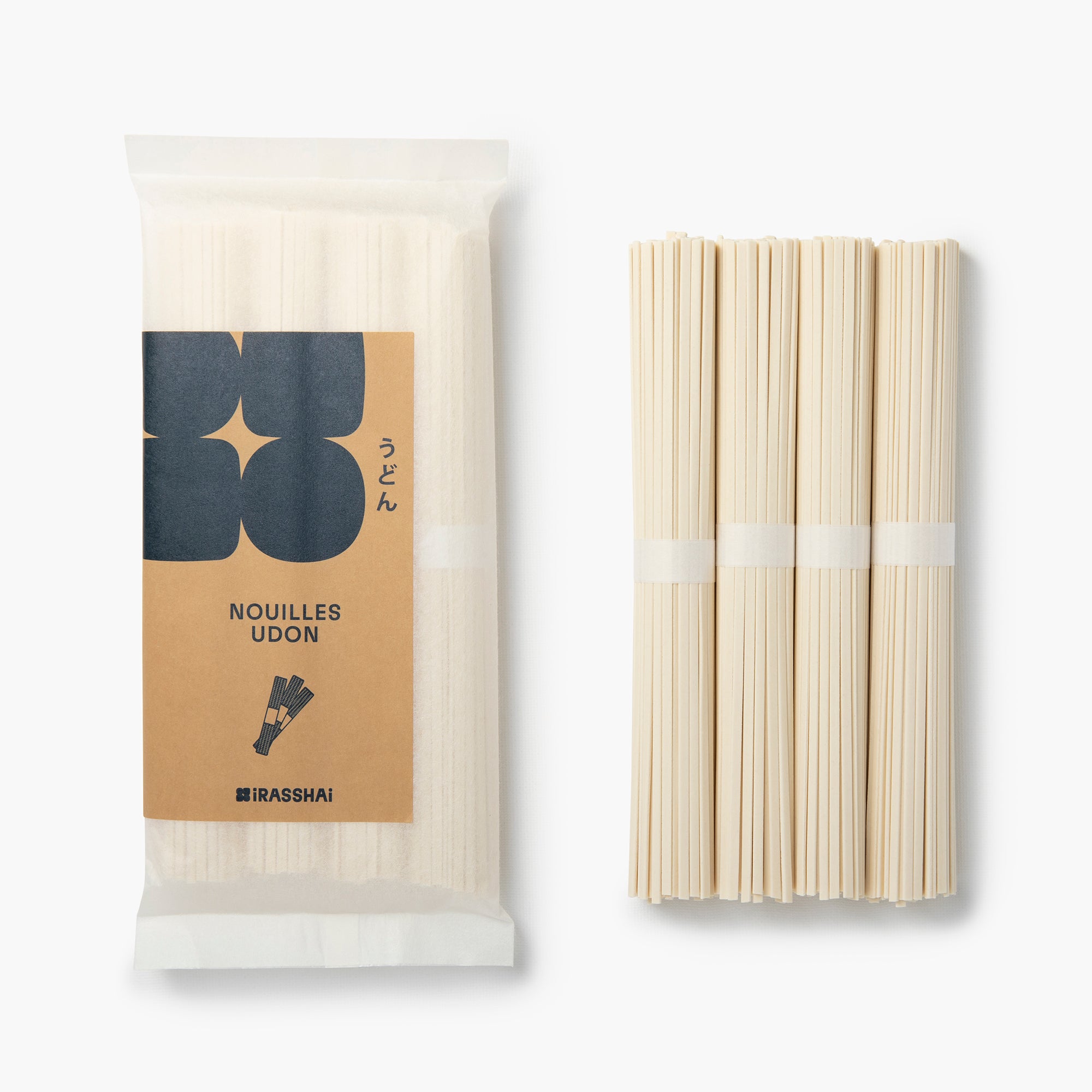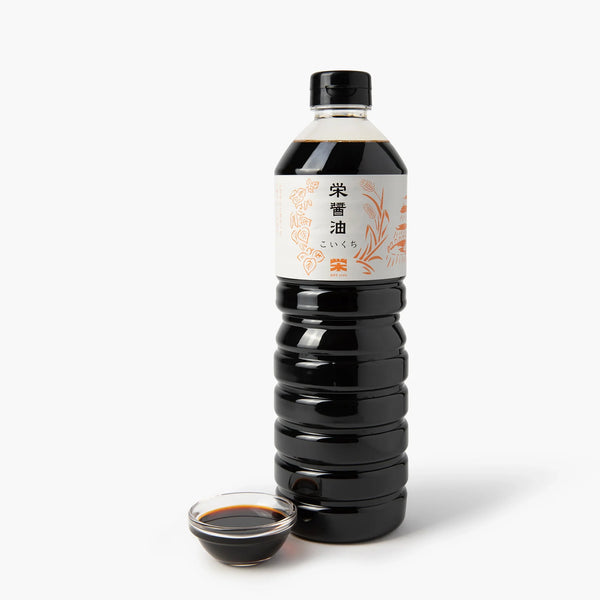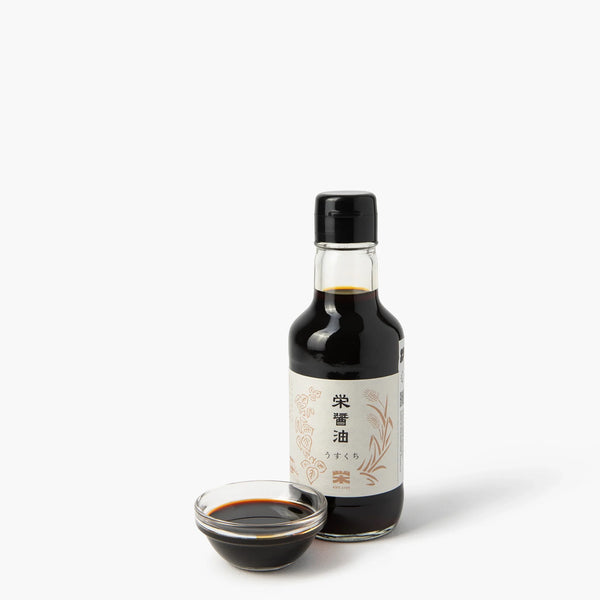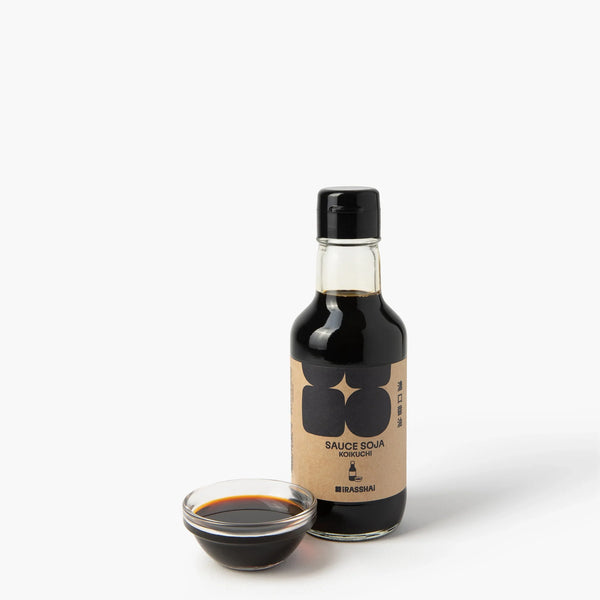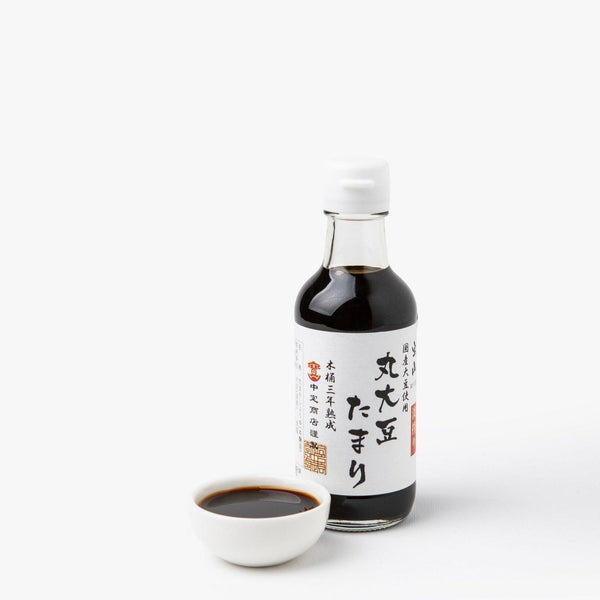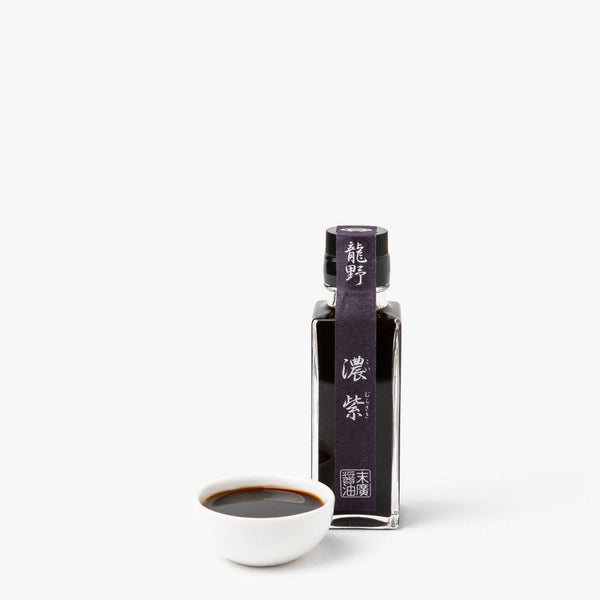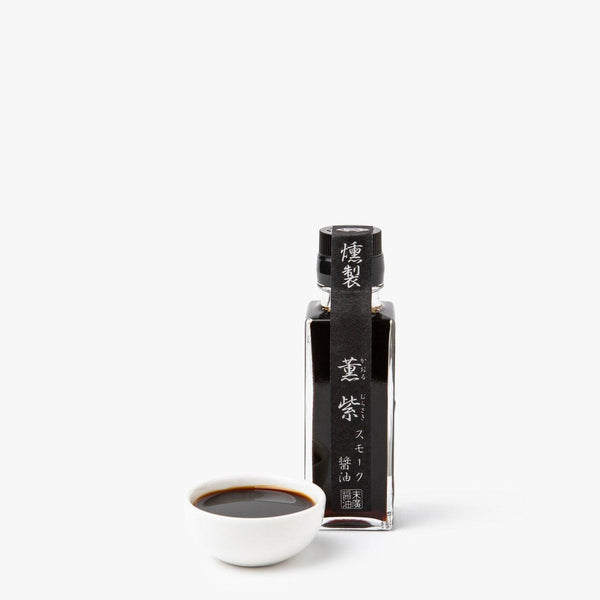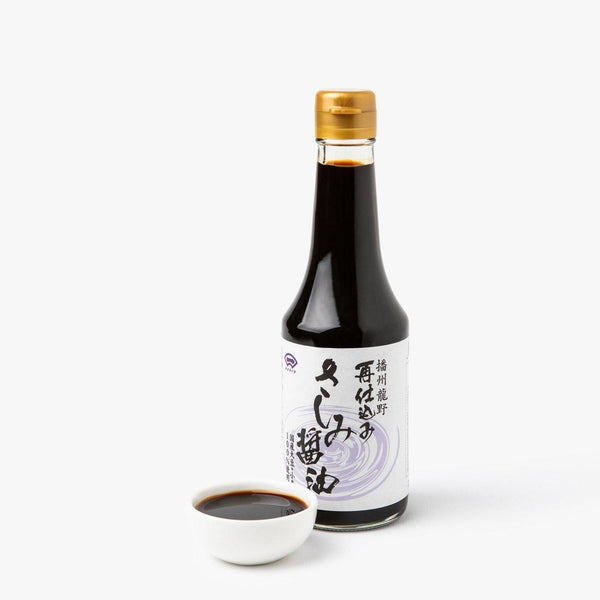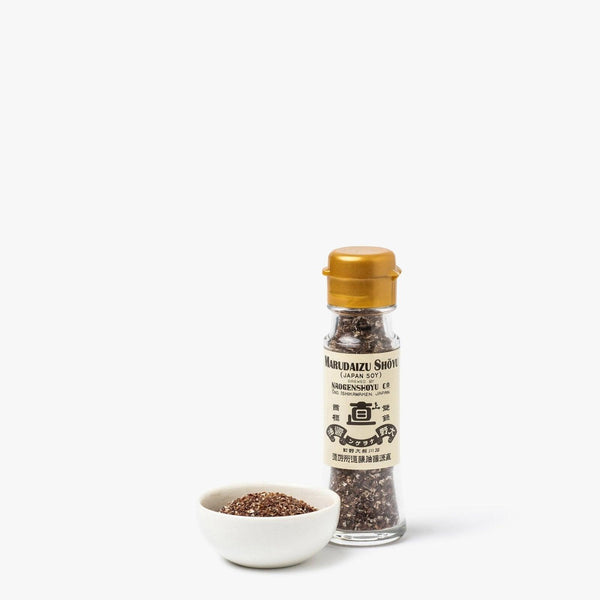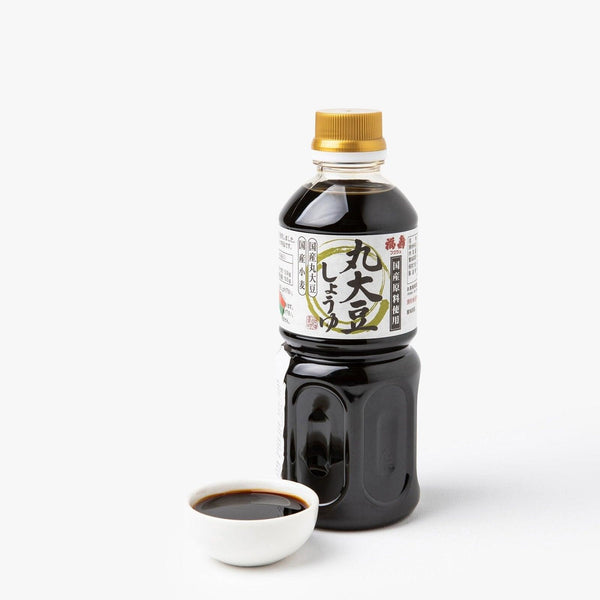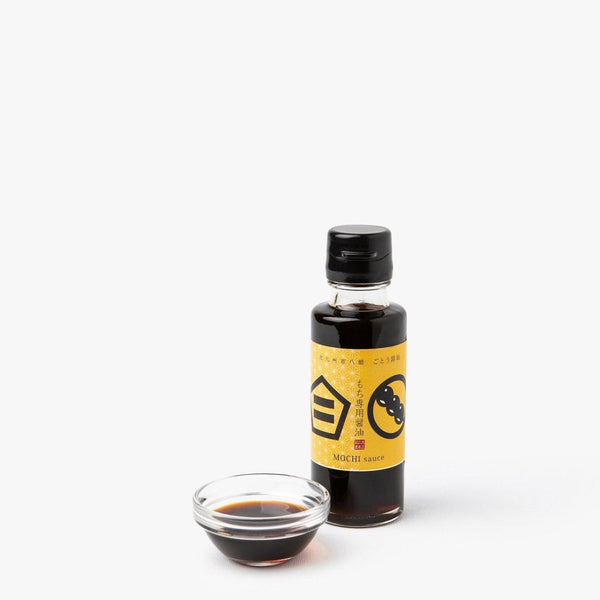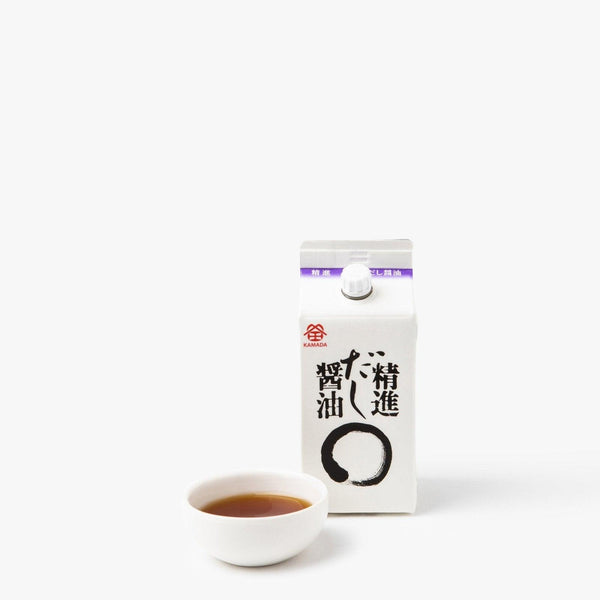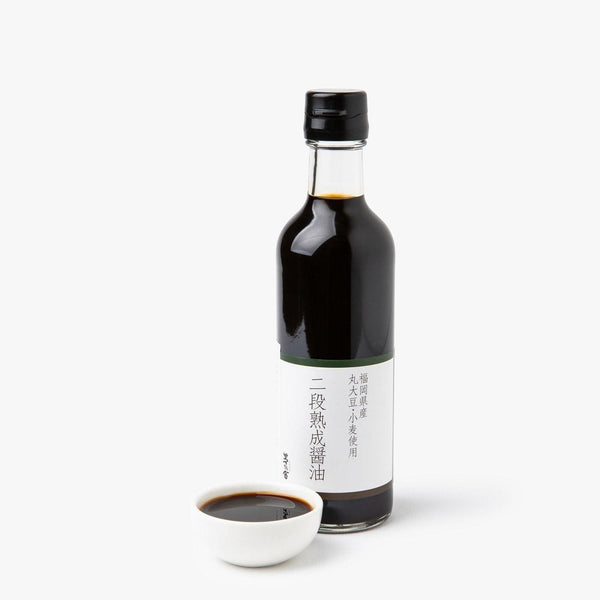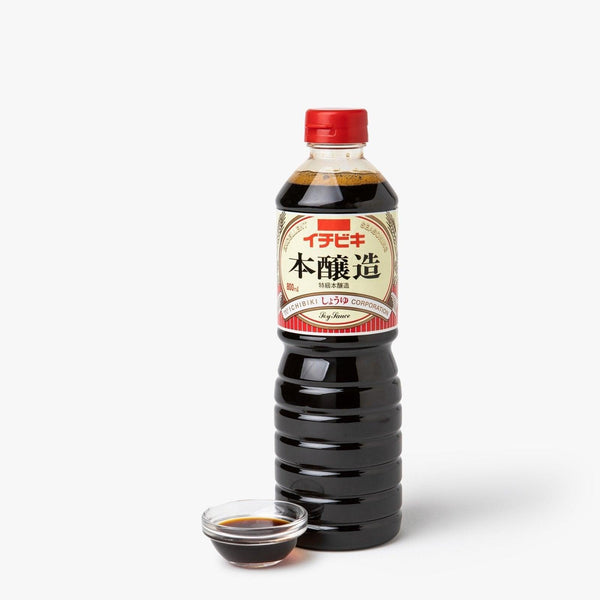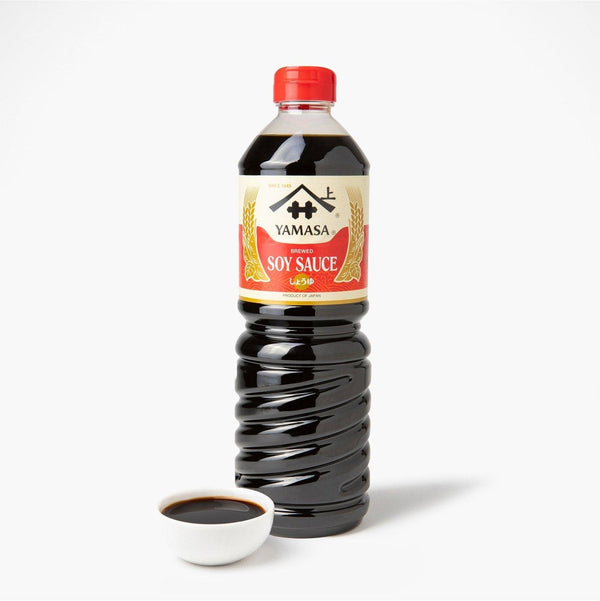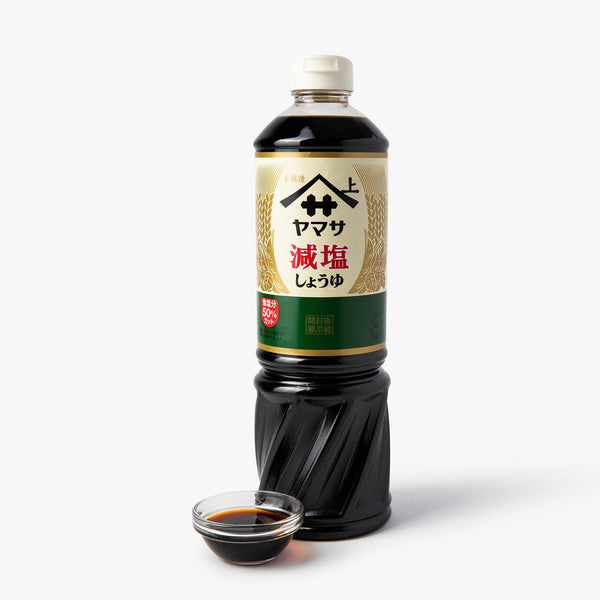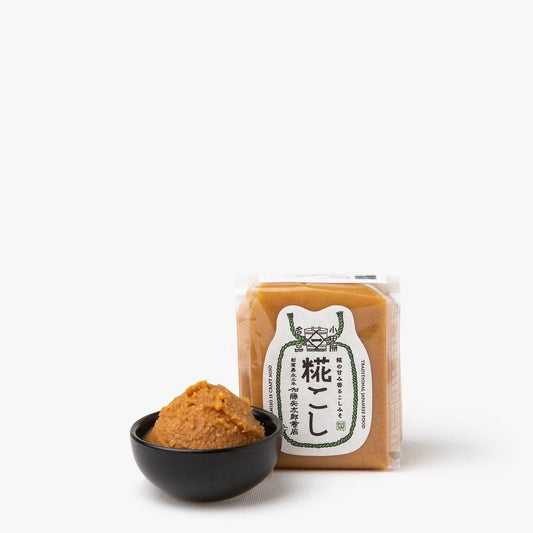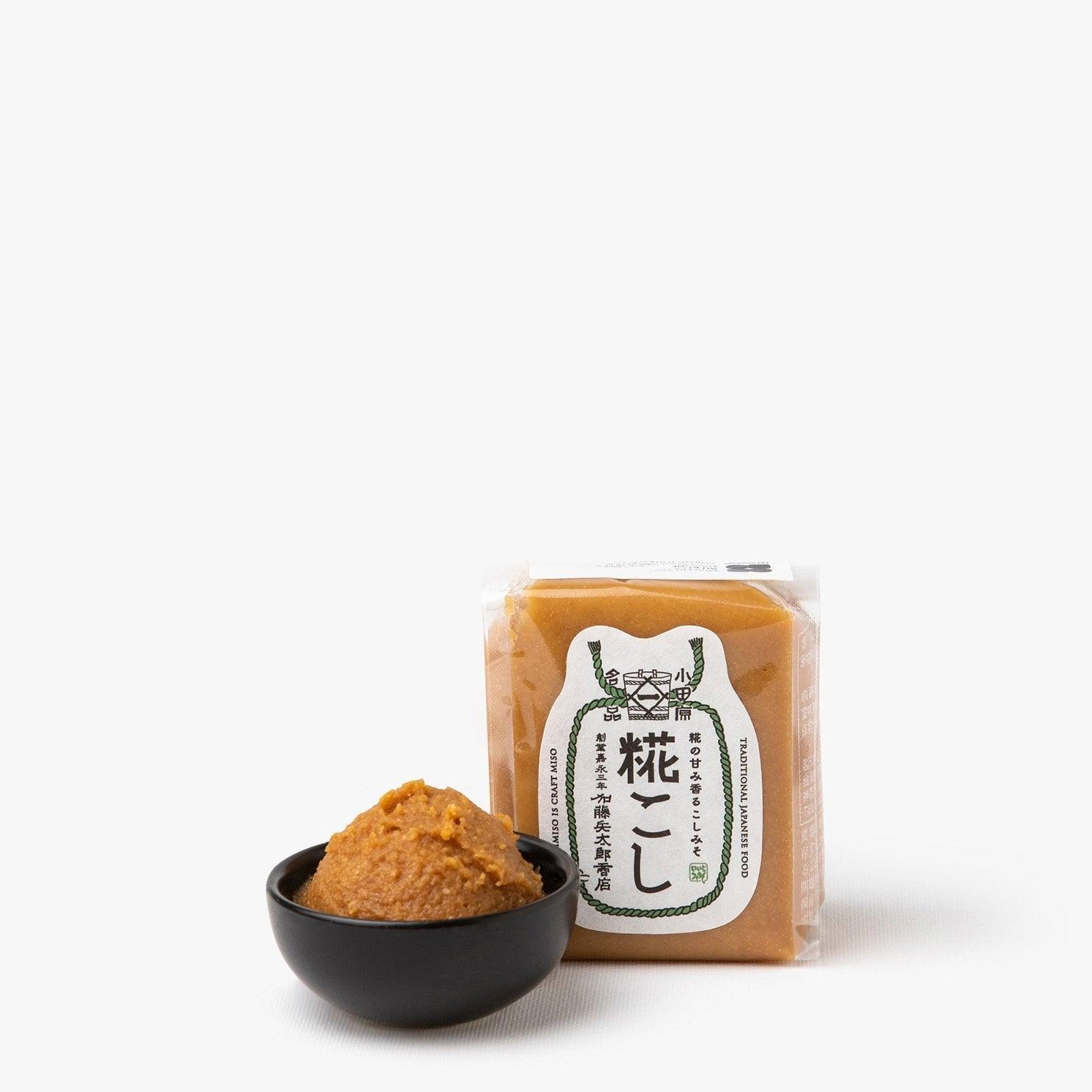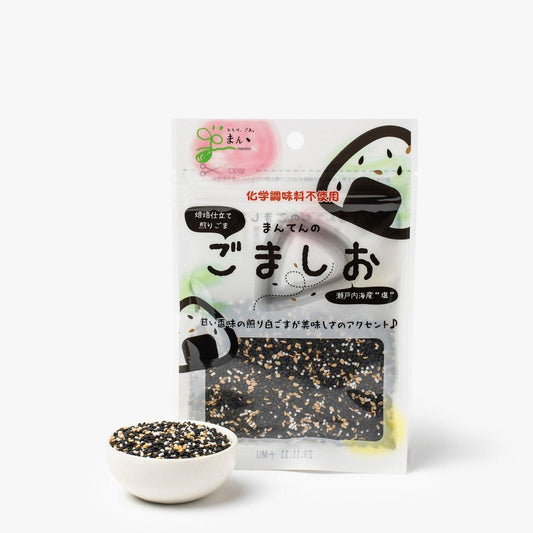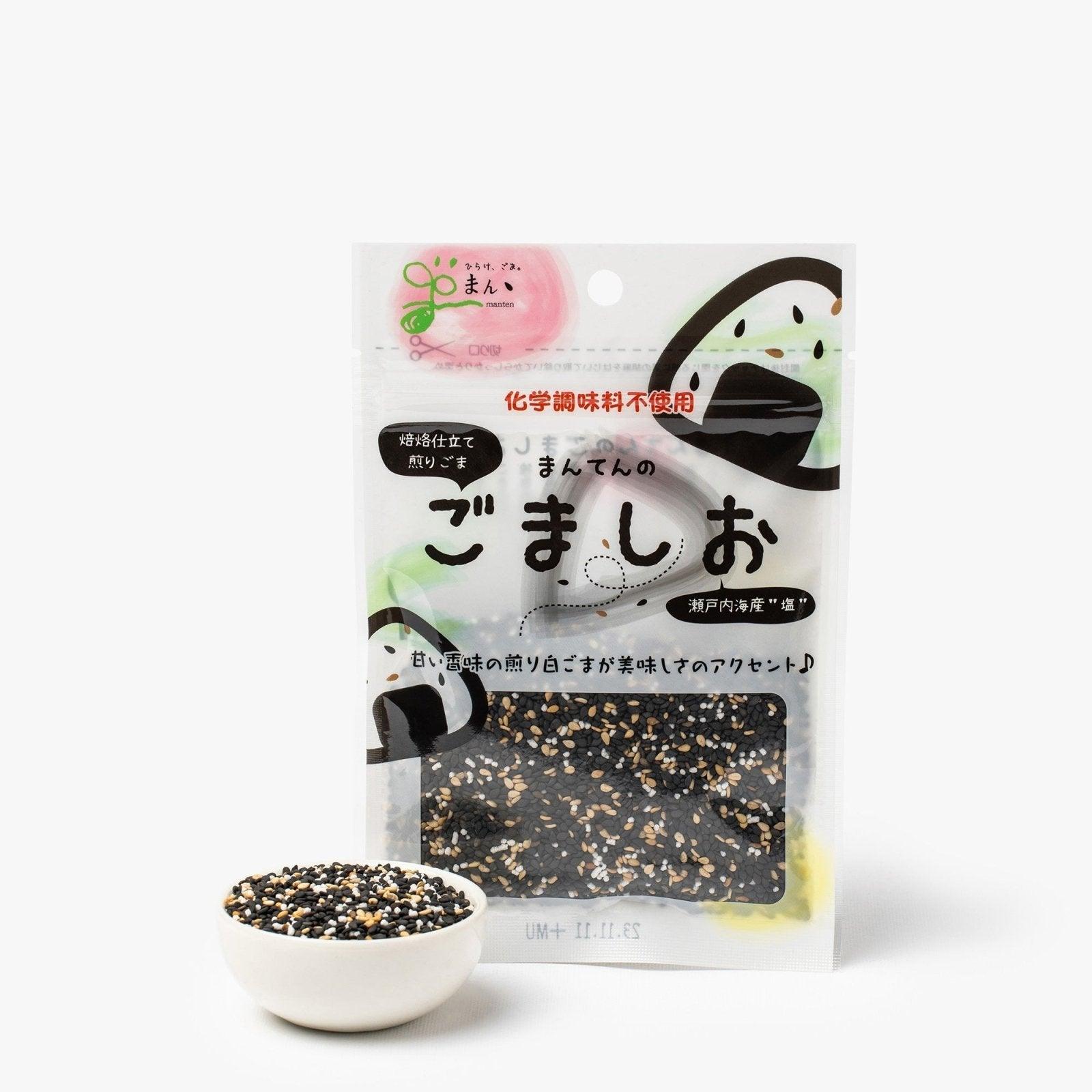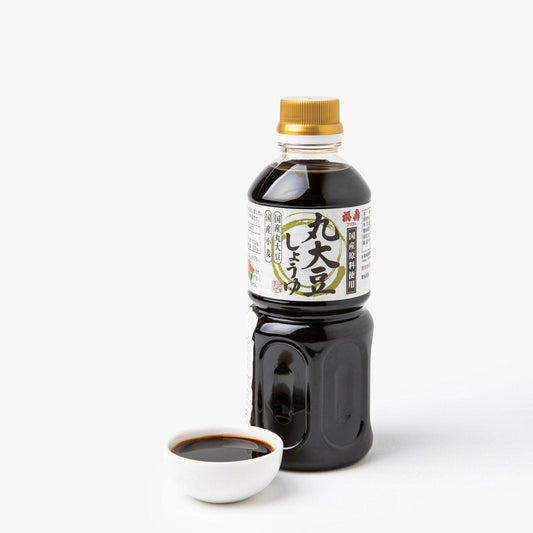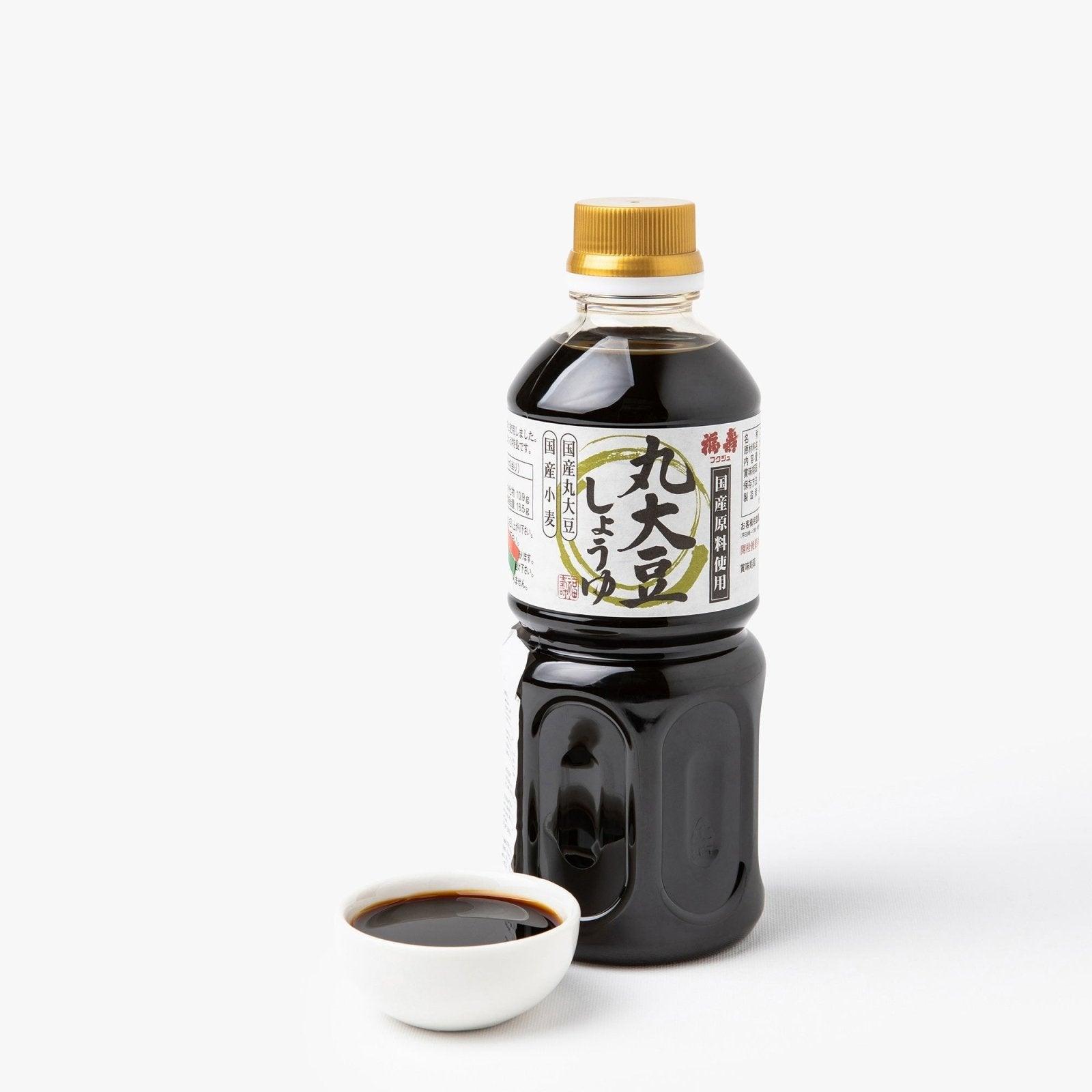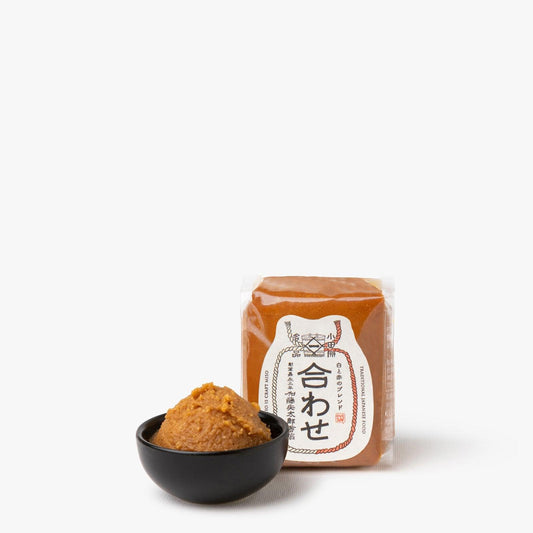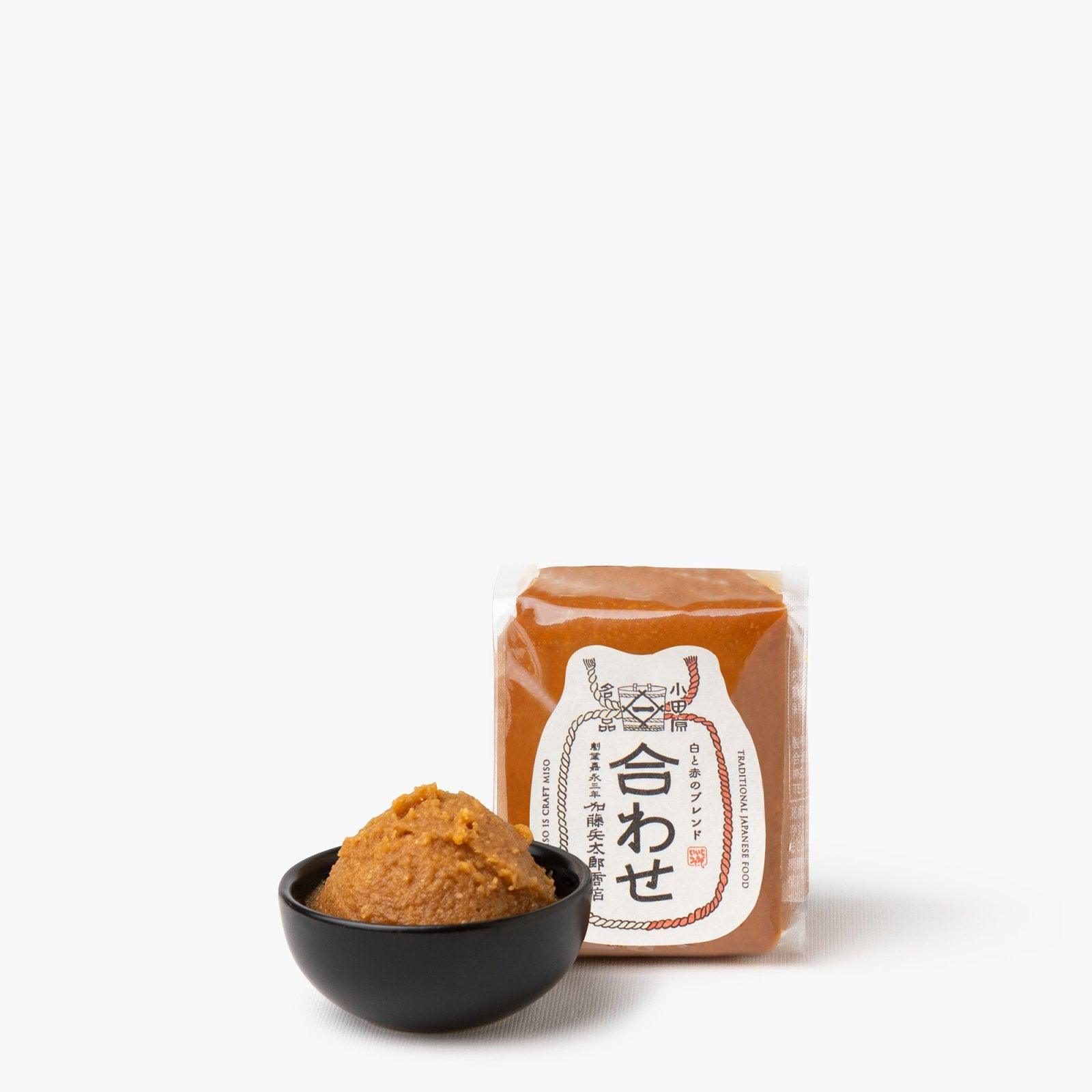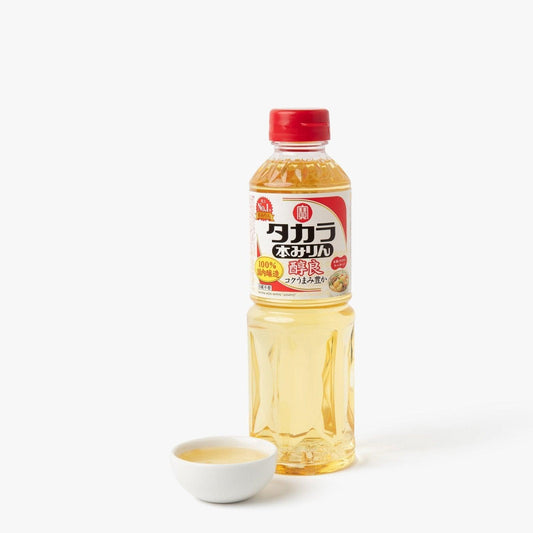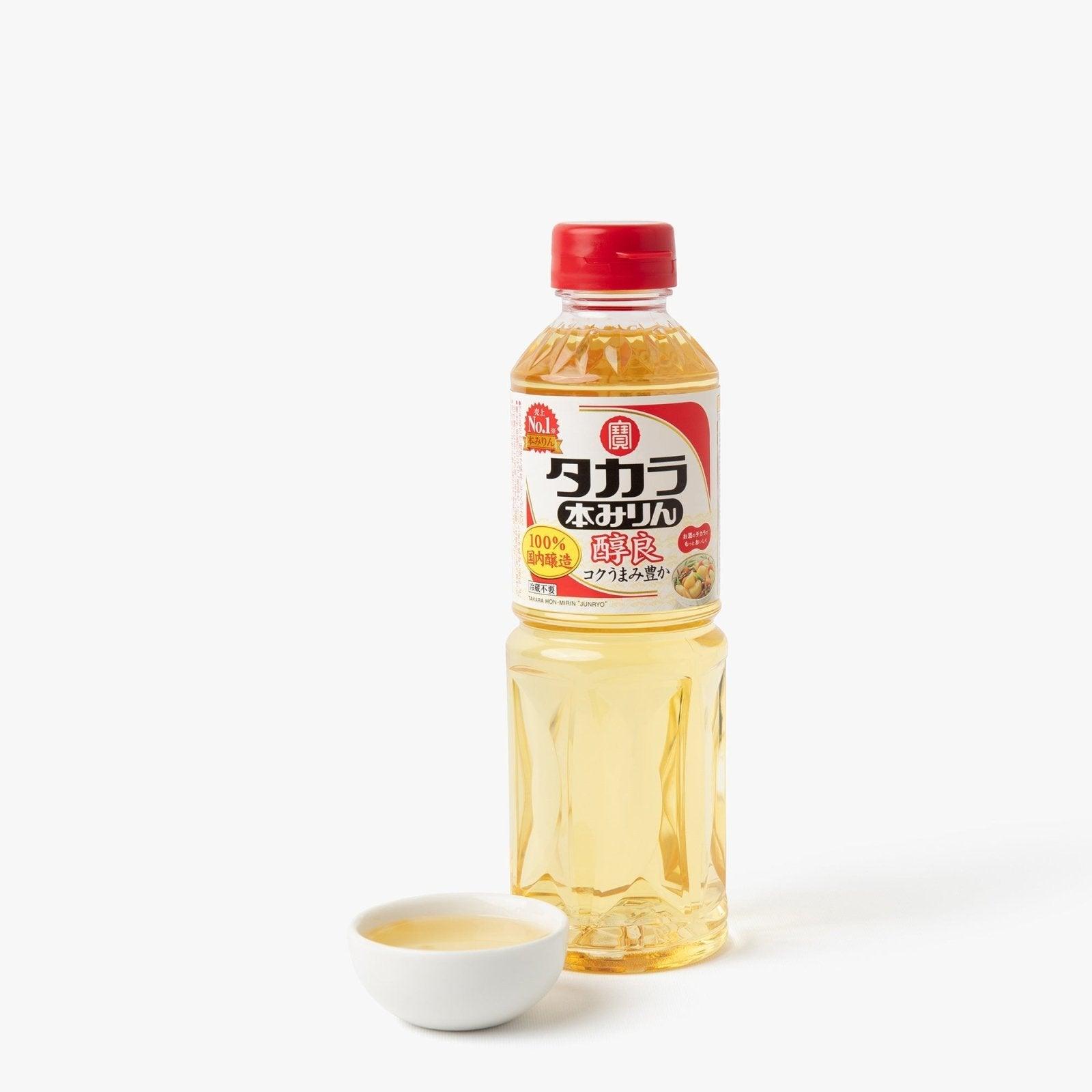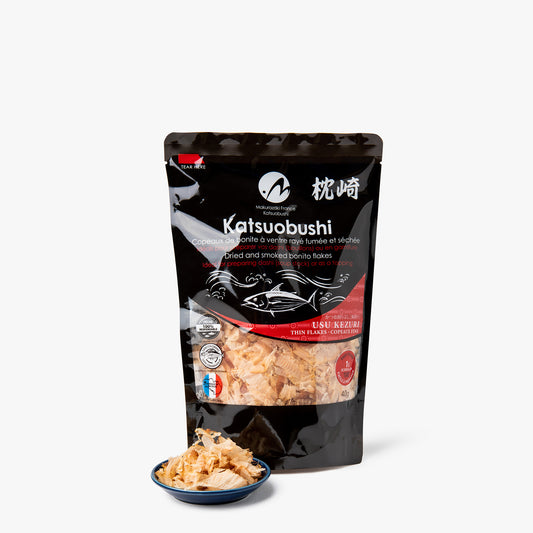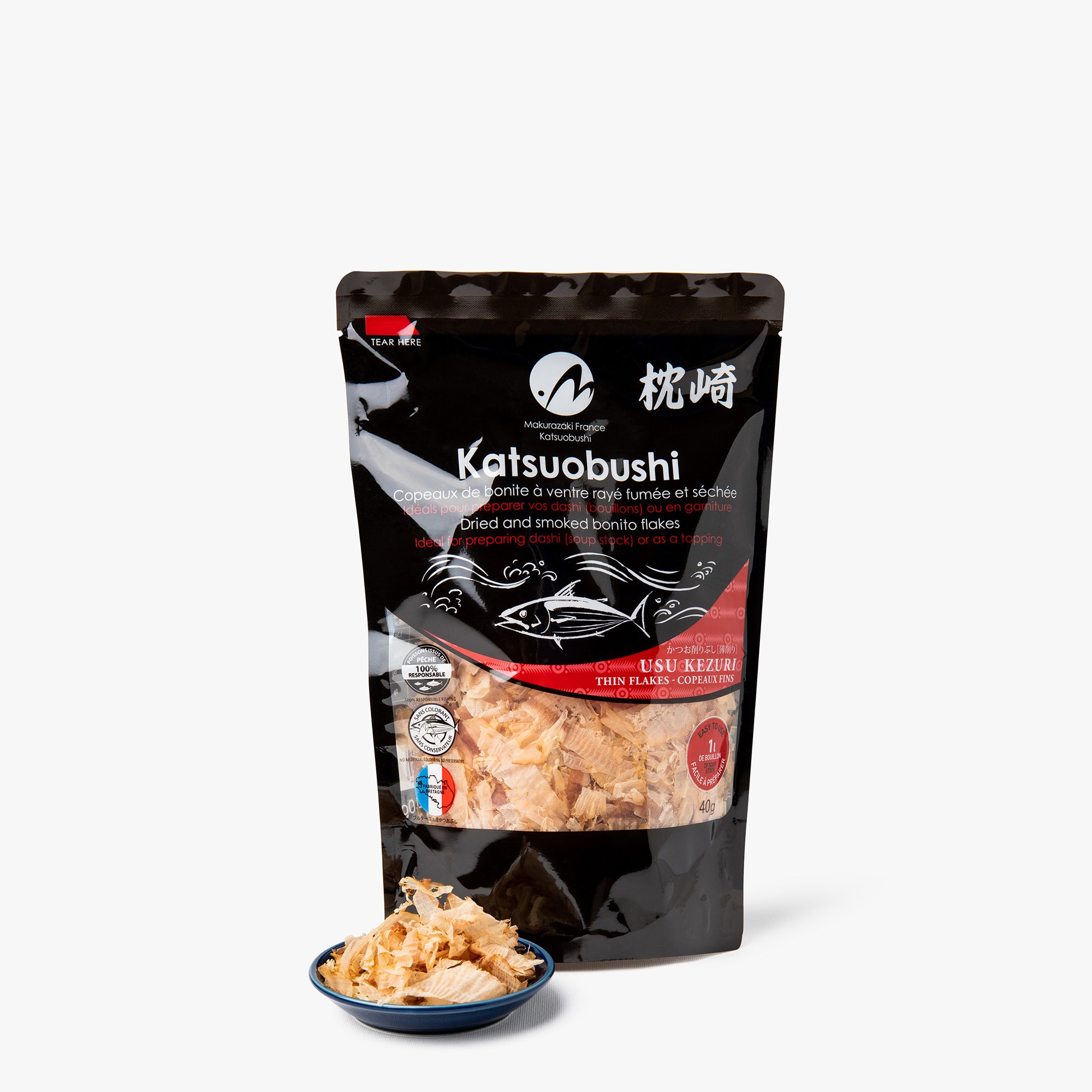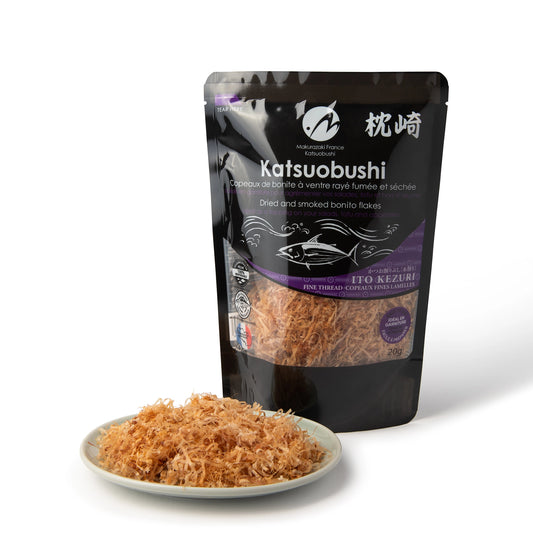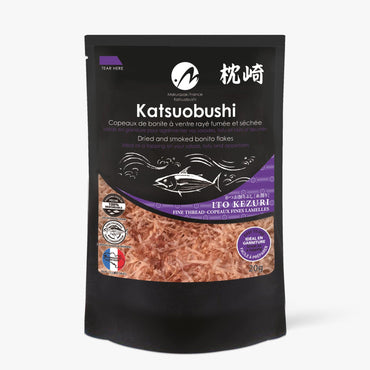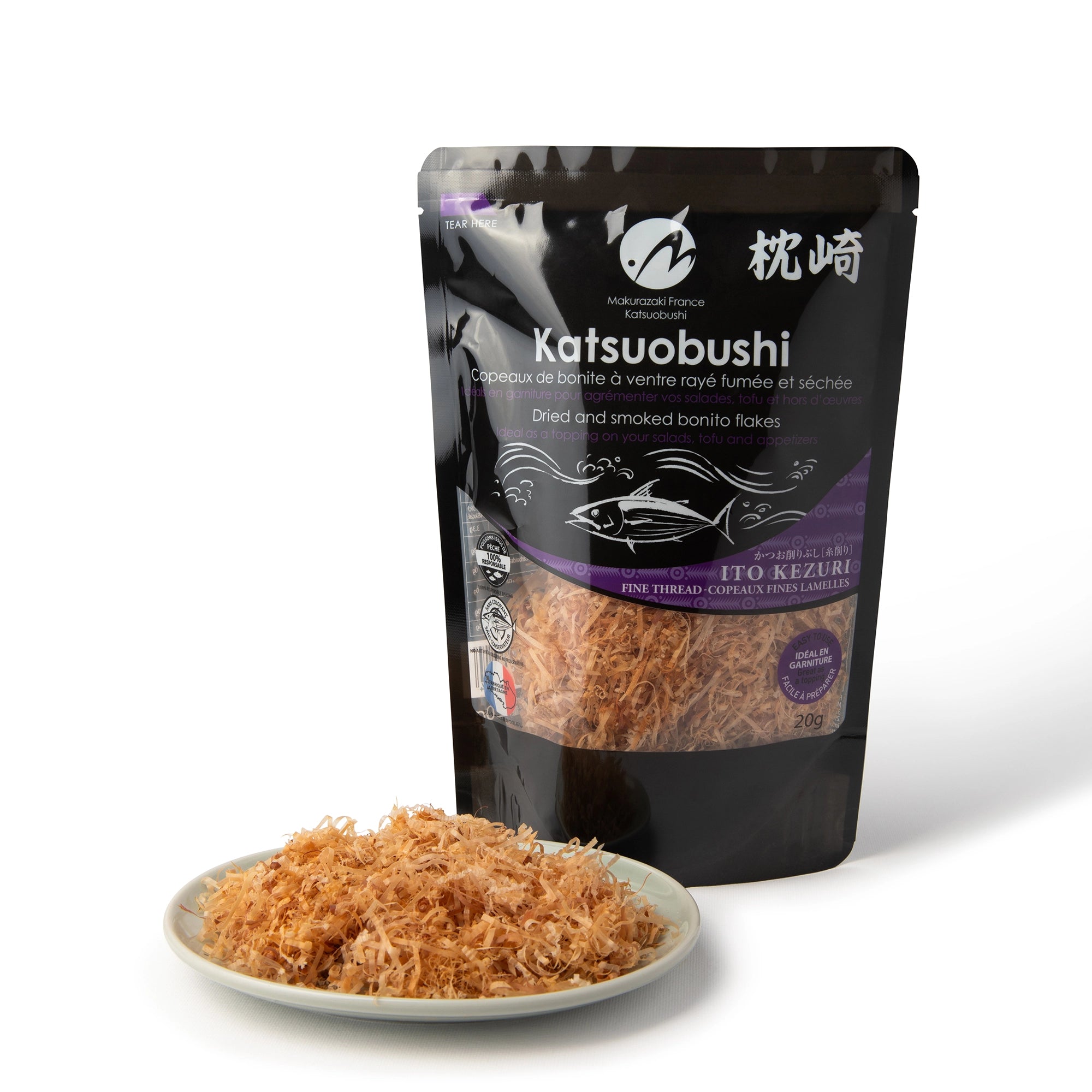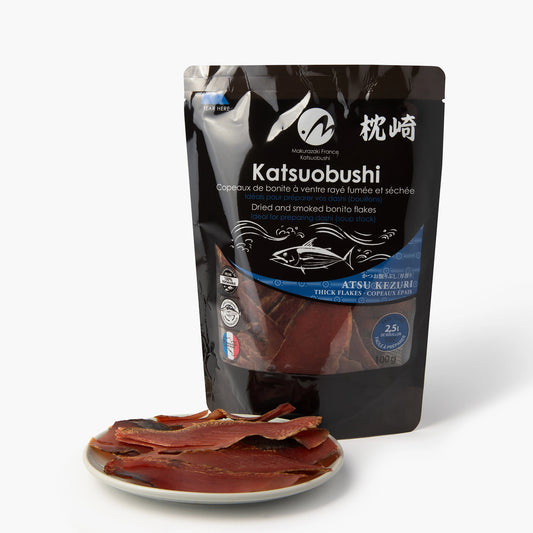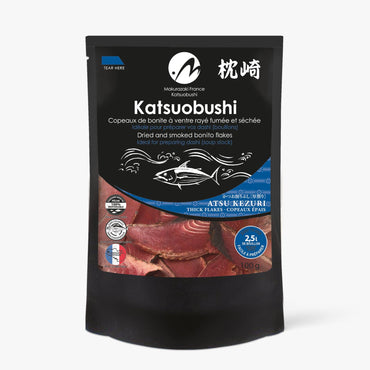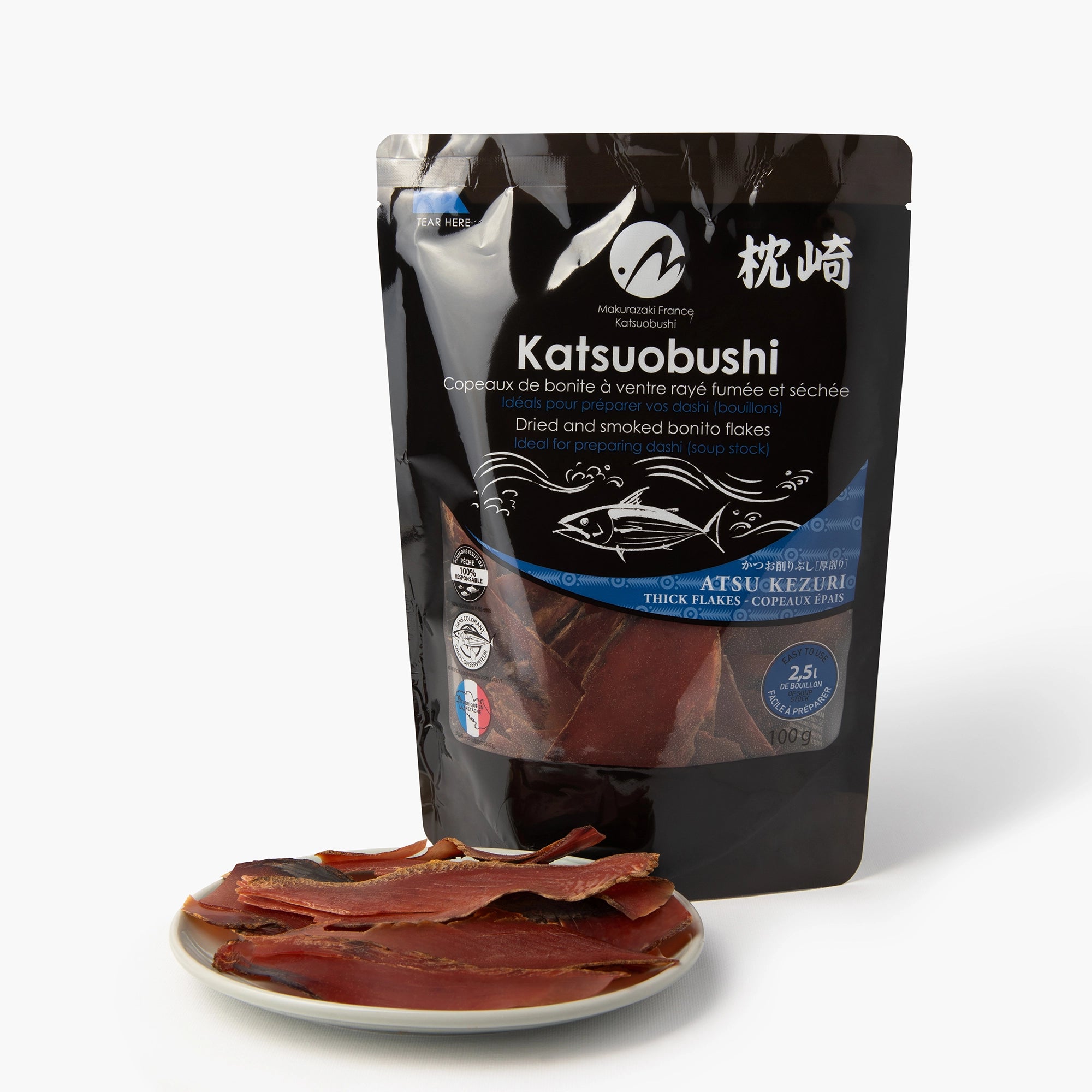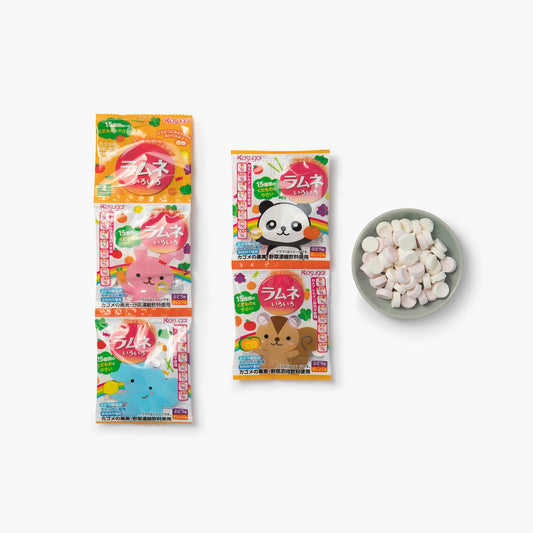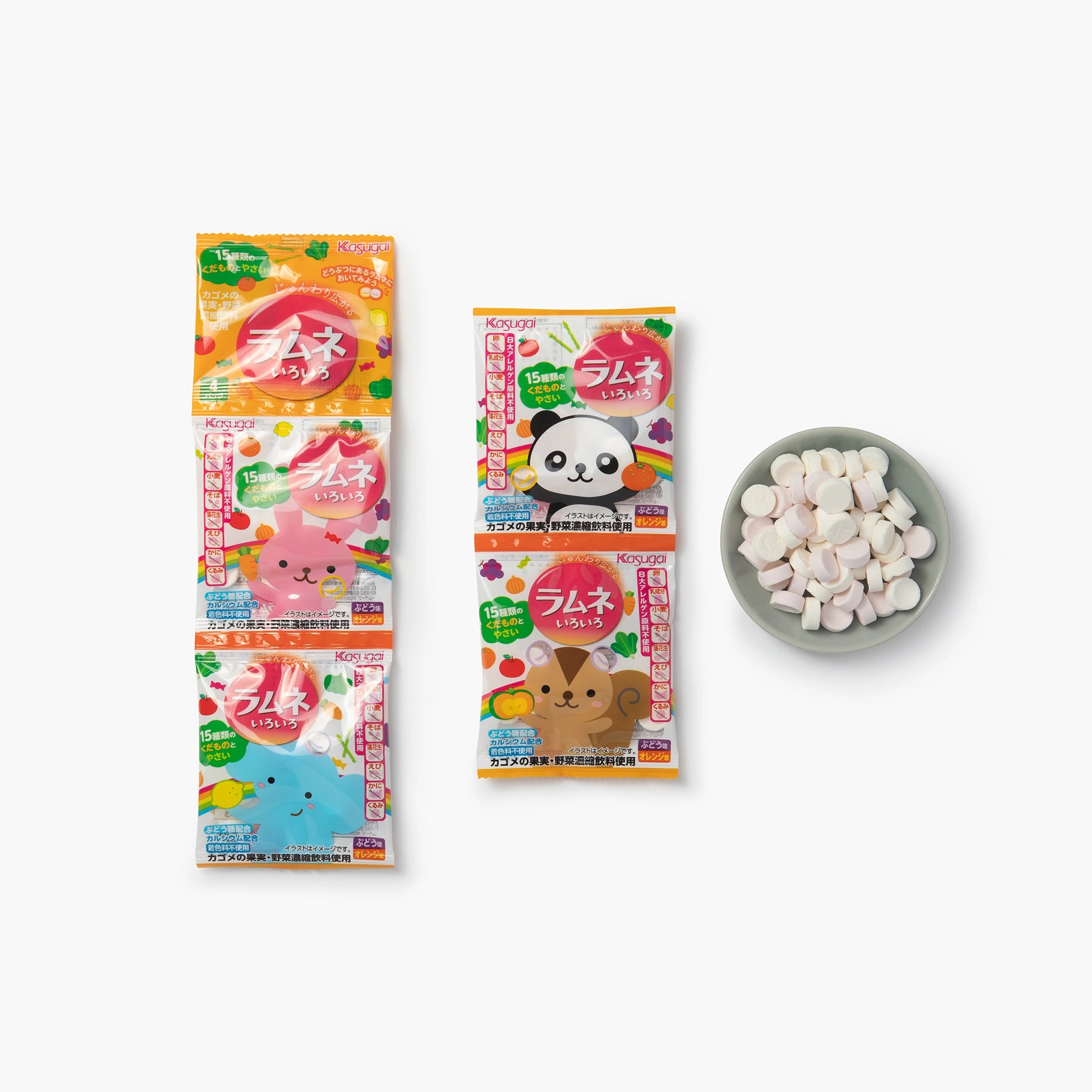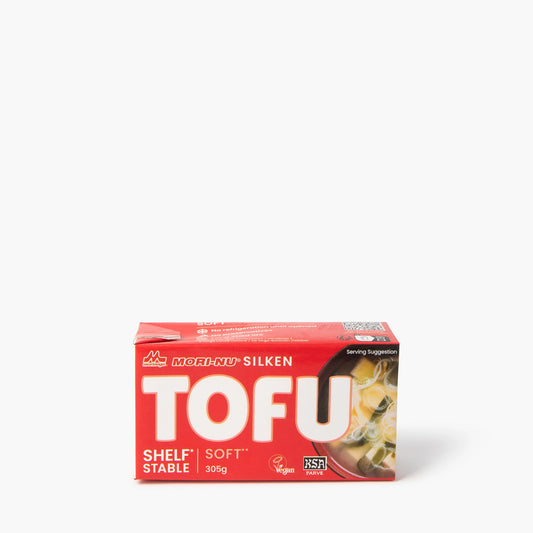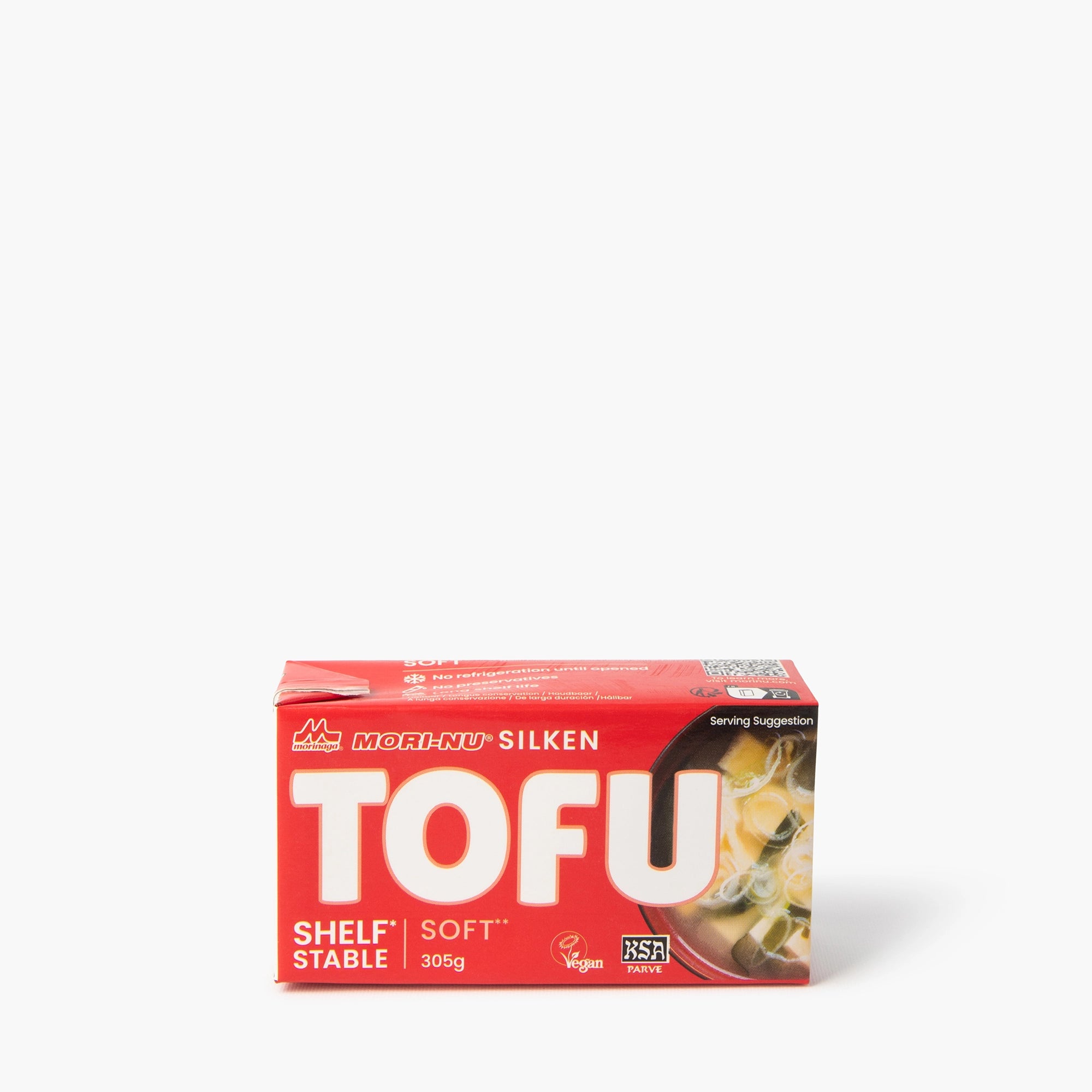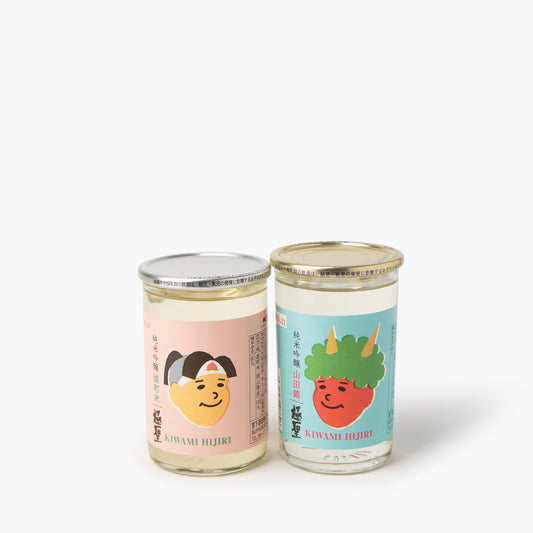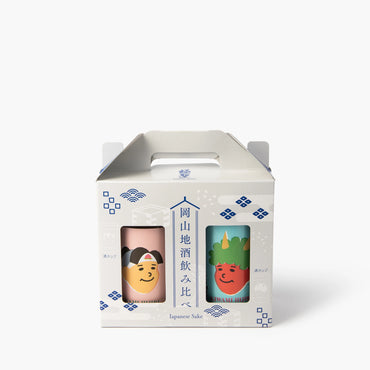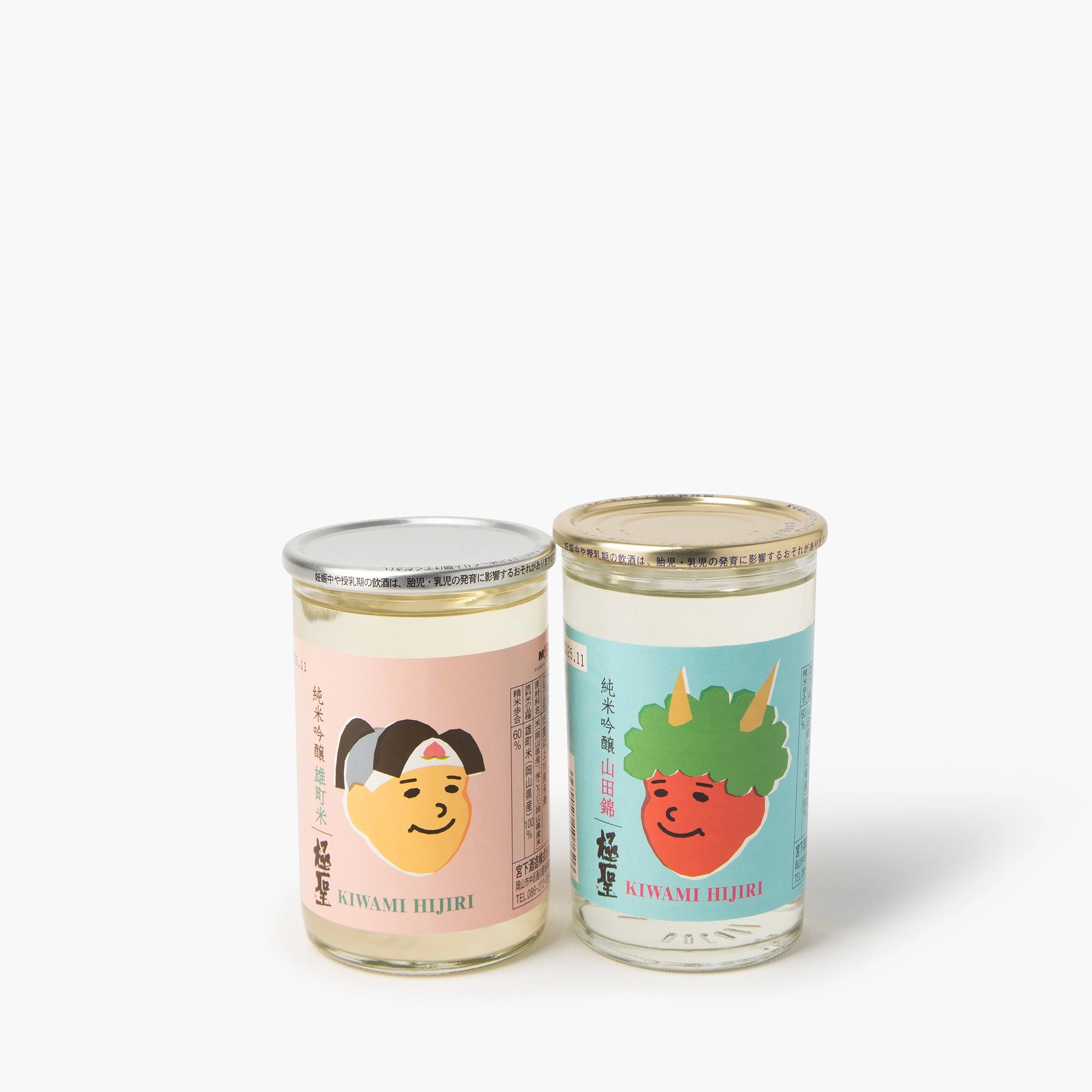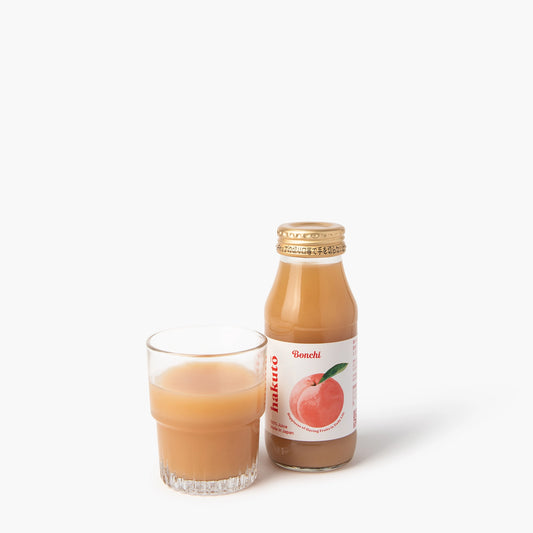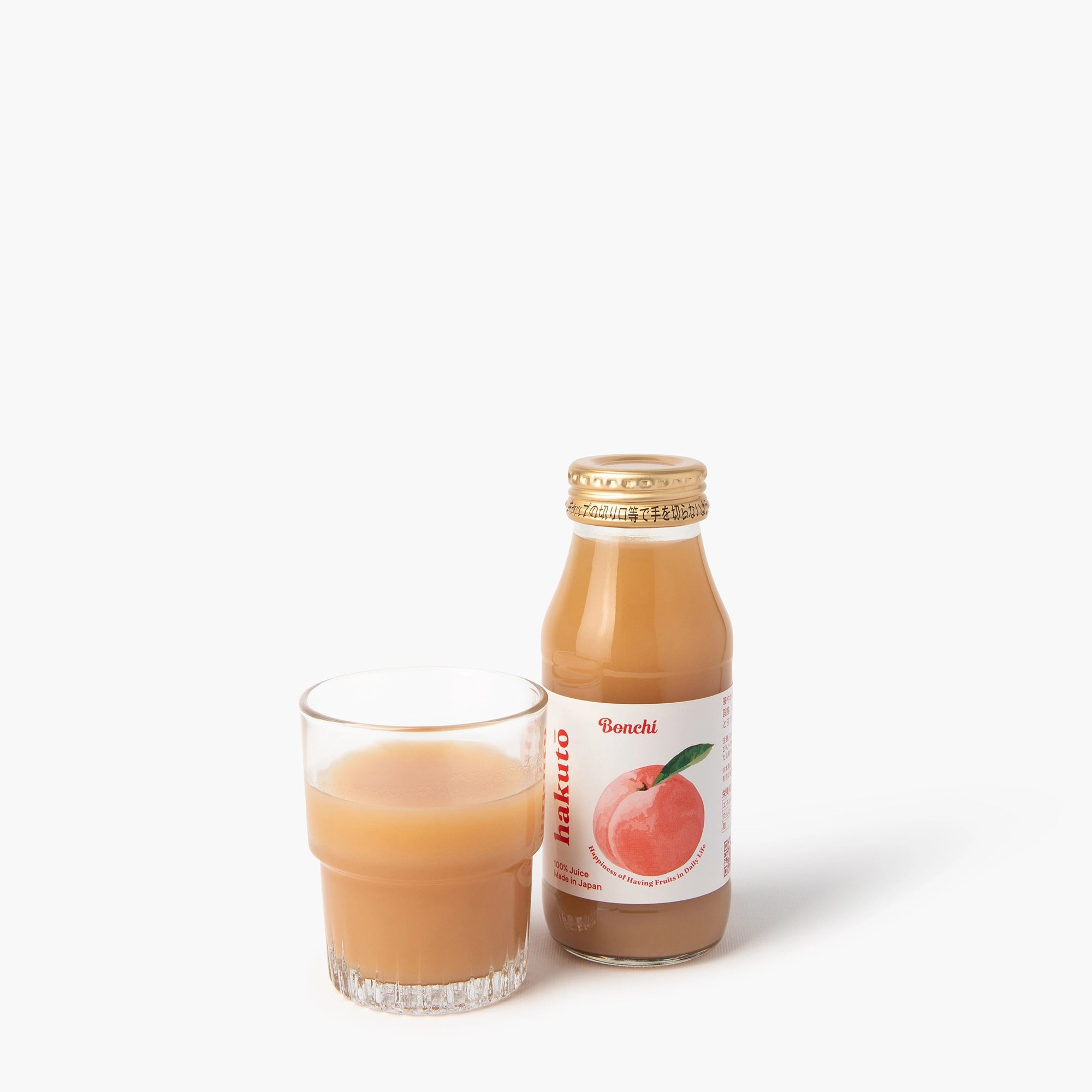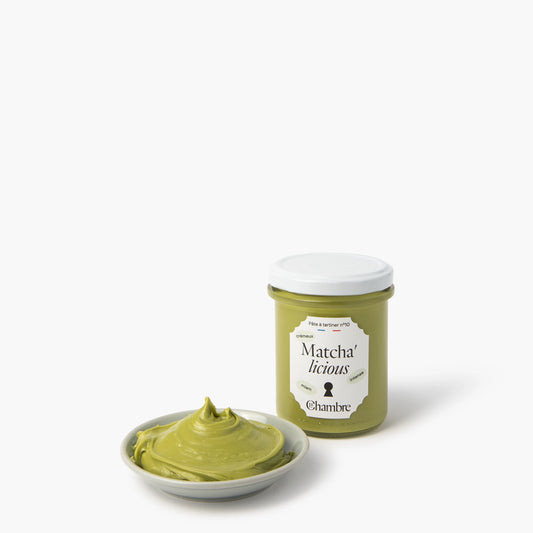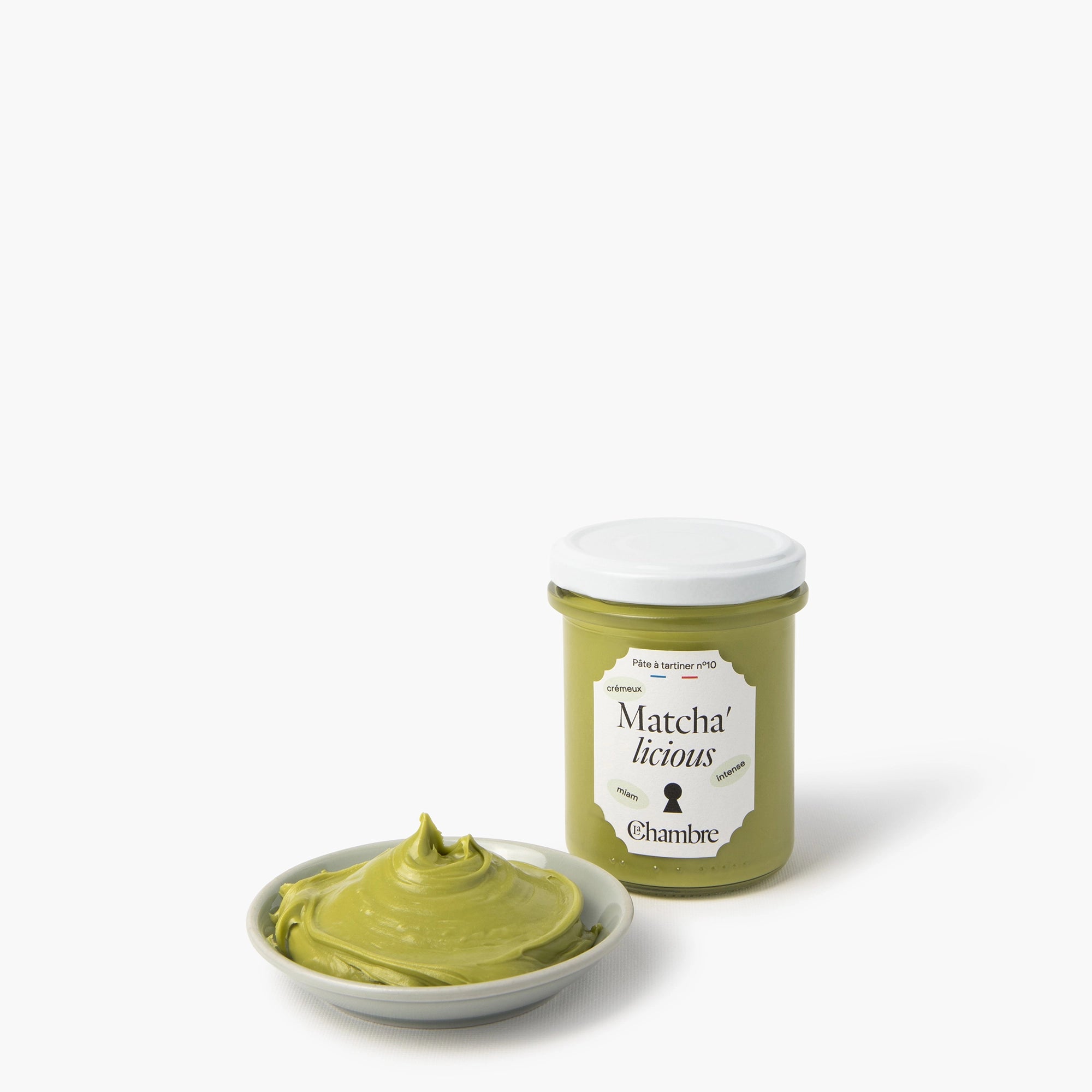Recipe Onsen tamago, Japanese low-temperature egg
Rated 5.0 stars by 4 users.
Onsen tamago (温泉卵), or "hot spring eggs", are eggs cooked at low temperatures in water at around 65°C to 70°C, a method inspired by Japanese thermal baths (onsen). The result is a delicately gelatinous egg white and a perfectly runny yolk. They are often served as an accompaniment to noodle dishes, in soups or salads, offering a melt-in-the-mouth texture and subtle flavor. It's a traditional and simple way to enjoy eggs in Japanese culture, but one that requires a little patience.

Ingredients
- 2 fresh eggs (preferably organic or high quality)
- Water (for cooking)
-
Soy sauce (optional, to serve)
-
A little mirin or tare sauce (optional, for a sweet-and-sour seasoning)
-
Garnishes such as finely chopped green onions, sesame seeds, or seaweeds (optional)
Instructions
Bring a large quantity of water to a temperature of around 65°C to 70°C. To check the temperature, use a kitchen thermometer or an eye test: the water should be hot, but not boiling. If you have a kitchen thermometer, this is ideal.
If you're using eggs straight from the fridge, let them stand at room temperature for around 15 minutes to avoid thermal shock.
Gently drop the eggs into the hot (not boiling) water. Cook the eggs for about 20-25 minutes. During this time, the egg white will solidify while remaining very soft, while the yolk will remain runny.
Once the eggs are cooked, you can transfer them to a bowl of cold water for 1-2 minutes to stop the cooking process. This step is optional, but may help to make them easier to handle.
Gently crack the shells of the eggs, taking care not to damage the whites. You can shell them directly in a small bowl or in your dish.
Serve onsen tamago on top of a bowl of ramen, udon, or in miso soup for a gourmet touch. You can also serve them with a little soy sauce or tare sauce mixture to add a hint of umami. For a refined presentation, add garnishes such as chopped green onions, sesame seeds, or crumbled seaweeds .
Recipe notes
Tips
For a perfect onsen tamago, it's essential to maintain a stable water temperature. If you have a temperature-controlled appliance (such as a sous-vide cooker), you can use this method to achieve precise cooking.You can prepare the eggs in advance; they keep well in their shells, at room temperature, for up to a day.
Origins and Tradition
The origins of onsen tamago are closely linked to onsen culture, where the Japanese have been going since ancient times to enjoy the therapeutic benefits of hot water. These eggs, often cooked directly in the hot springs, are a simple and ingenious way of preparing a food that is both delicious and nourishing. They were traditionally served to bath visitors as a light, comforting snack, promoting relaxation after a bath.
Eggs cooked in this way have a unique texture: the white is tender, almost gelatinous, while the yolk remains perfectly runny, creating a sensation of softness in the mouth. This gentle cooking process preserves the egg's delicate flavor, while adding a rich texture without masking the product's freshness.
Modern kitchen and use
Although onsen tamago are associated with relaxation in onsen, their popularity has spread to contemporary Japanese cuisine. Today, they are often incorporated into everyday dishes such as ramen, udon or even salads. They add a touch of sweetness and creaminess that enhances the flavors of the other ingredients.
In many Japanese restaurants, onsen tamago are prepared with care, using modern cooking equipment to precisely control temperature, while retaining the traditional method. Some chefs add seasonings such as soy sauce or mirin to accentuate the delicate taste of the egg.
Our recommendations for this recipe:
Japanese cooking essentials
-
White miso with koji from Hakone ⋅ Kato Heitaro shoten ⋅ 200g
Regular price 5.50 €Prix promotionnel 5.50 € Regular pricePrice per unit 27.50 € / per kg -
Roasted black and white sesame seeds with gomashio salt ⋅ Manten ⋅ 30g
Regular price 2.65 €Prix promotionnel 2.65 € Regular pricePrice per unit 88.33 € / per kg -
Artisanal balanced soy sauce ⋅ Asarisasuke Shoten ⋅ 500ml
Regular price 6.25 €Prix promotionnel 6.25 € Regular pricePrice per unit 12.50 € / per l -
Hakone Awase miso blend of white and red miso ⋅ Kato Heitaro shoten ⋅ 200g
Regular price 5.50 €Prix promotionnel 5.50 € Regular pricePrice per unit 27.50 € / per kg -
Honmirin ⋅ Takara Shuzo ⋅ 13% ⋅ 500ml
Regular price 9.70 €Prix promotionnel 9.70 € Regular pricePrice per unit 19.40 € / per l -
Katsuobushi dried bonito chips ⋅ Makurazaki ⋅ 40g
Regular price 9.50 €Prix promotionnel 9.50 € Regular pricePrice per unit 237.50 € / per kg -
Tatsuno Smoked Soy Sauce ⋅ Suehiro Soy Sauce ⋅ 100ml
Regular price 8.10 €Prix promotionnel 8.10 € Regular pricePrice per unit 81.00 € / per l -
White rice milky queen from Toyama ⋅ Nanohana ⋅ 1kg
Regular price 19.50 €Prix promotionnel 19.50 € Regular pricePrice per unit 19.50 € / per kg
The latest arrivals
-
Bonito filaments katsuobushi ⋅ Makurazaki ⋅ 20g
Regular price 8.90 €Prix promotionnel 8.90 € Regular pricePrice per unit 445.00 € / per kg -
Thick katsuobushi bonito chips ⋅ Makurazaki ⋅ 100g
Regular price 17.30 €Prix promotionnel 17.30 € Regular pricePrice per unit 173.00 € / per kg -
Ramune candies in garland bag ⋅ Kasugai ⋅ 28g
Regular price 2.60 €Prix promotionnel 2.60 € Regular pricePrice per unit 92.86 € / per kg -
Silken tofu ⋅ Morinaga ⋅ 305g
Regular price 3.50 €Prix promotionnel 3.50 € Regular pricePrice per unit 11.48 € / per kg -
Strong Zero Lemon ⋅ 9% ⋅ 350ml
Regular price 4.50 €Prix promotionnel 4.50 € Regular pricePrice per unit 12.86 € / per l -
Okayama no Chi Junmai Ginjo Sake Gift Set ⋅ 15.5% ⋅ 360ml
Regular price 21.90 €Prix promotionnel 21.90 € Regular pricePrice per unit 60.83 € / per l -
Pure peach juice from Yamanashi ⋅ Bonchi ⋅ 180ml
Regular price 5.90 €Prix promotionnel 5.90 € Regular pricePrice per unit 32.78 € / per l -
Matchalicious spread ⋅ La chambre ⋅ 200g
Regular price 14.50 €Prix promotionnel 14.50 € Regular pricePrice per unit / per



